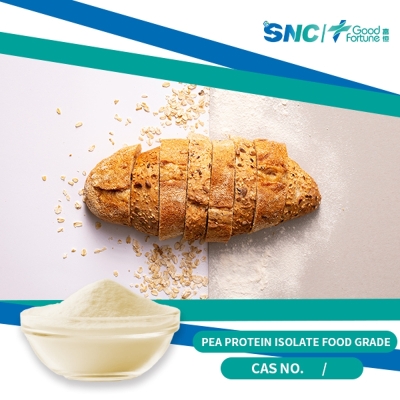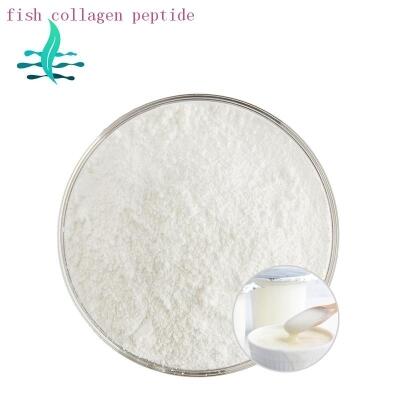EU: Lysine hydrochloride produced by E. coli CGMCC3705 is considered safe and effective
-
Last Update: 2020-06-30
-
Source: Internet
-
Author: User
Search more information of high quality chemicals, good prices and reliable suppliers, visit
www.echemi.com
, at the request of the European Commission, feed and feed additive experts (FEEDAP) put forward scientific recommendations on the safety of all animals using lysine produced by the use of genetically modified Ecoli CGMCC3705 or GM rod-like bacillus CGMCC3704 fermentation5dX
In the evaluation of its product lysine hydrochloride, no safety problems were found in the gm production strain, whether it was the strain of Ecoli CGMCC3705 or the DNA recombination and its products5dX
The appropriate amount of lysine hydrochloride produced by the genetically modified Ecoli CGMCC3705 was added to the feed of the experimental animals, and the results were safeThe FEEDAP team selected lysine hydrochloride, which was a safety hazard, by drinking water from experimental animals5dX
Lysine hydrochloride, produced by Ecoli CGMCC 3705, is not irritating to the consumer's skin or eyes, and there is no risk to the environment, as a feed additive does not pose an expected risk to consumers5dX
In the evaluation of lysine sulfates and antibiotic products, feedAP team was unable to draw safety conclusions on the use of lysine sulfates produced by THE selected experimental animals, consumers and the environment due to the uncertain characteristics of the genetic modification of the production strain, which may lead to genetic recombination or mutation 5dX , at the request of the European Commission, feed and feed additive experts (FEEDAP) put forward scientific recommendations on the safety of all animals using lysine produced by GM E coli CGMCC3705 or GM bar-like bacteria CGMCC3704 fermentation 5dX
In the evaluation of its product lysine hydrochloride, no safety problems were found in the gm production strain, whether it was the strain of E coli CGMCC3705 or the DNA recombination and its products 5dX
The appropriate amount of lysine hydrochloride produced by the genetically modified E coli CGMCC3705 was added to the feed of the experimental animals, and the results were safe The FEEDAP team selected lysine hydrochloride, which was a safety hazard, by drinking water from experimental animals 5dX
Lysine hydrochloride, produced by E coli CGMCC 3705, is not irritating to the consumer's skin or eyes, and there is no risk to the environment, as a feed additive does not pose an expected risk to consumers 5dX
In the evaluation of lysine sulfates and antibiotic products, feedAP team was unable to draw safety conclusions on the use of lysine sulfates produced by THE selected experimental animals, consumers and the environment due to the uncertain characteristics of the genetic modification of the production strain, which may lead to genetic recombination or mutation 5dX
Share it on feed
This article is an English version of an article which is originally in the Chinese language on echemi.com and is provided for information purposes only.
This website makes no representation or warranty of any kind, either expressed or implied, as to the accuracy, completeness ownership or reliability of
the article or any translations thereof. If you have any concerns or complaints relating to the article, please send an email, providing a detailed
description of the concern or complaint, to
service@echemi.com. A staff member will contact you within 5 working days. Once verified, infringing content
will be removed immediately.







